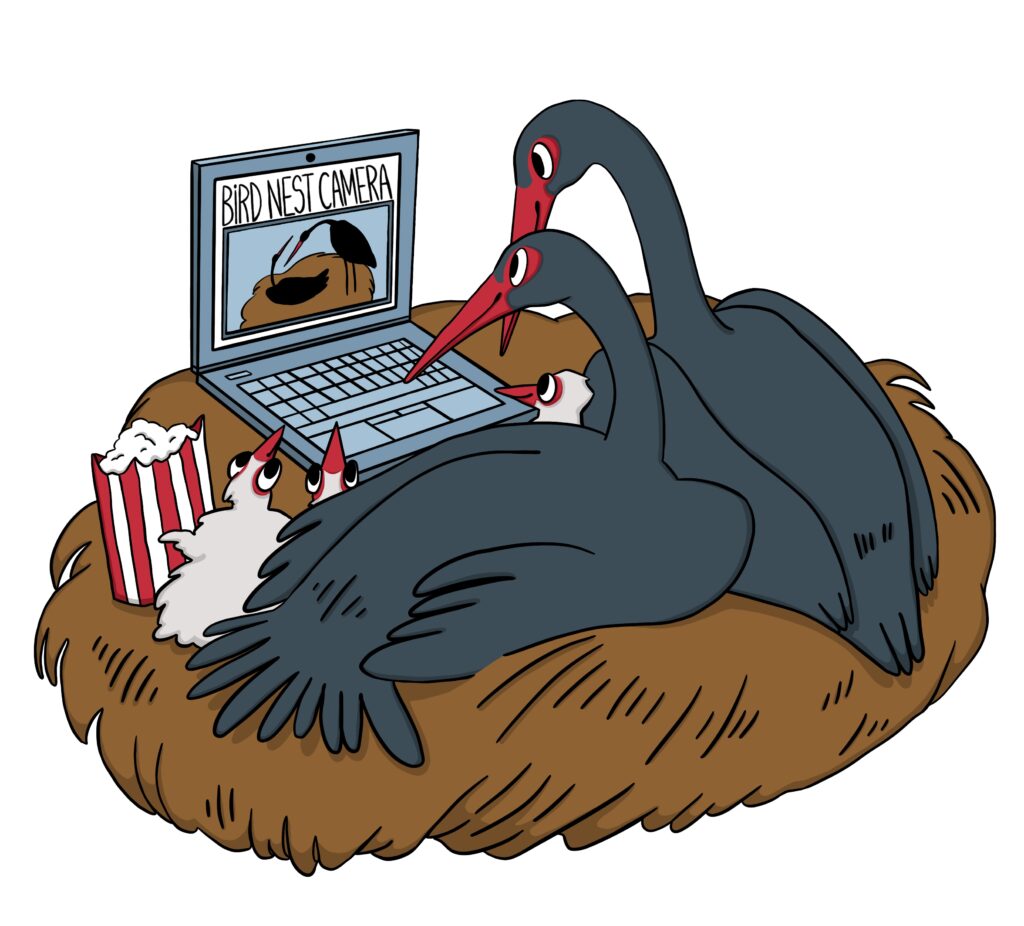- Career Hub
- Future Skills
- Academic planning
- Planning further studies
- Planning your studies
- How to manage your studies?
- How to plan for your studies?
- How much freedom do you have to modify your studies?
- When to make learning choices within the curriculum?
- How little or how much can you study?
- How can you concentrate on and manage the time of studies?
- How to change specialisations?
- How to study well?
- Internship
- International experience
- Work-life development
- Act and grow
Digital skills

Digital literacy refers to the ability to use digital environments and tools purposefully and securely, and to create, evaluate and protect digital content. A digitally literate person knows how to search, read, manage and process data, how to assess its reliability and how to filter the most relevant information from the masses of data. They are able to use digital technologies and environments responsibly, including for collaborative work.
Digital literacy enables the creation and adaptation of digital content to understand both the potential of available tools and the limitations of intellectual property rights. They will also know the basics of digital security, in particular how to protect their digital devices, their personal data and their privacy. Digital skills include the ability to manage and resolve cyber incidents and crises, and to use artificial intelligence in a meaningful and ethical way.
| A moment of reflection: The more time goes by, the more technology-driven our daily activities become. How would you rate your digital skills? Do you know simple Excel formulas and can you make memorable slides? Can you find the right digital solutions for your purpose? Are you aware of information security and can you protect your digital devices and personal data? Have you thought about which sources you could use in the digital material you create and how? |
Inspiration to take action
- Try automating routine tasks on your computer.
- Get creative with your presentation slides and learn about different digital solutions (e.g. PowerPoint, Prezi) to make your presentation more attractive.
- In the material you create, refer correctly to the sources and consider the conditions of both the purpose of the material and the type of licence.
- Try and do not be afraid to make mistakes. Everything can always be changed.
- Find out where to ask for help and ask your question in a clear way.
- Take part in online training courses and take note of the digital tools used by the lecturer.
- Learn how to use online communication channels and platforms that support teamwork (Miro, sli.do, Slack, etc.).
- Check out the university’s guideline for using AI chatbots for teaching and studies and think about how you could use the AI to simplify routine work while following good practices.
- To make use of the copyright and industrial property (in Estonian) guides, find out what is intellectual property and what is not.
- For your research, think about how you collect, process and store data, and what tools and environments you use. Consider both data management and data protection issues.
- OIAO.06.050 Fundamentals of Information Literacy, 3 ECTS
- SVJS.00.083 Updating my Digital Skills, 6 ECTS
- LTAT.00.020 Digital Technology – an Overview, 6 ECTS
- SVPH.00.075 Digital Product Design, 6 ECTS
- SVUH.00.263 Playful Development of Media Literacies, 3 ECTS
- OIAO.06.051 Introduction to Information Research, 3 ECTS
- SVUH.00.178 Social Digital Competences, 6 ECTS
- HVVK.12.082 Video School, 3 ECTS
- E-learner’s handbook of the University of Tartu
- Home page of digital literacy learning resources (in Estonian) of the University of Tartu
- Digital literacy website (in Estonian) of the Education and Youth Board
